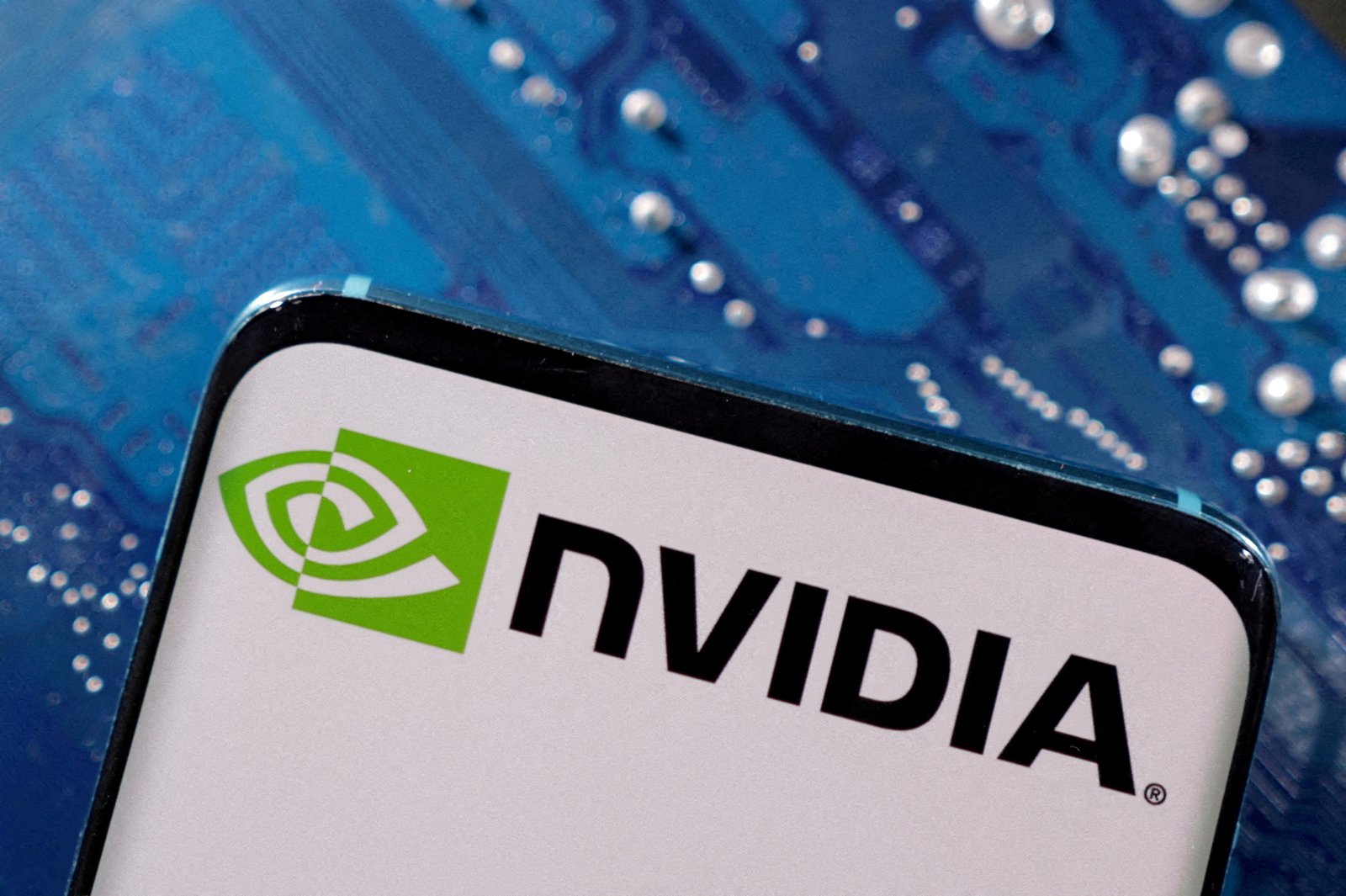
In the wake of stringent export restrictions imposed by the United States, Nvidia Corp (NVDA.O) is set to introduce a series of new chips tailored for the Chinese market. This move comes as a strategic response to overcome limitations hindering sales of some of its high-end artificial intelligence (AI) and gaming chips to China, which were subject to recent U.S. sanctions.
Key Highlights:
- Nvidia to release new HGX H20, L20 PCIe, and L2 PCIe chips for China.
- US export restrictions aim to limit AI and military applications of advanced GPUs.
- Nvidia’s China-specific chips feature reduced compute power to comply with U.S. rules.
- Chinese companies like Huawei may benefit from the tightened U.S. export controls.

The forthcoming chips, named the HGX H20, L20 PCIe, and L2 PCIe, are anticipated to be announced by Nvidia as early as November 16, aligning with the full enforcement of U.S. restrictions. Despite the setbacks faced due to export curbs, Nvidia remains a dominant player in China’s $7 billion AI chip market, with over a 90% market share.
The Impact of U.S. Export Restrictions
U.S. export controls, which were escalated last year, have significantly impacted Nvidia’s ability to ship its top-tier AI chips to Chinese firms. The A800 and H800 chips, which were custom-designed for the Chinese market to navigate previous export rules, along with the L40S gaming chip, were notably affected by these curbs. The recent alterations in the export rules, which have moved the focus from interconnect communications to compute power, are indicative of the U.S.’s broader strategy to prevent the use of powerful accelerators in machine learning for military applications.
Nvidia’s Strategic Shift and New Offerings
Nvidia’s strategic pivot entails the launch of the HGX H20 and L20 series GPUs, which offer reduced compute power to align with the new restrictions. The H20 model boasts 96GB of HBM3 memory with a bandwidth surpassing its global counterpart, the H100. The L20 and L2 models, catering to data centers and operating on a PCIe interface, present memory options of 48GB and 24GB, respectively. These models intentionally cap compute capabilities to remain within the 4800 TOPS performance limit.
Market Dynamics and Future Outlook
The stringent U.S. measures have spurred Chinese tech giants like Baidu to place significant orders for Huawei’s AI chips, preemptively preparing for a future with restricted access to Nvidia’s products. The changing dynamics indicate a potential opportunity for local firms to make inroads into the lucrative AI chip market, previously dominated by Nvidia.
Nvidia’s proactive approach in developing new, compliant AI chips for the Chinese market exemplifies the tech industry’s agility in the face of evolving geopolitical landscapes. By adapting to the new U.S. export restrictions, Nvidia aims to sustain its significant market presence in China while navigating the complex tapestry of international trade and security concerns.

















